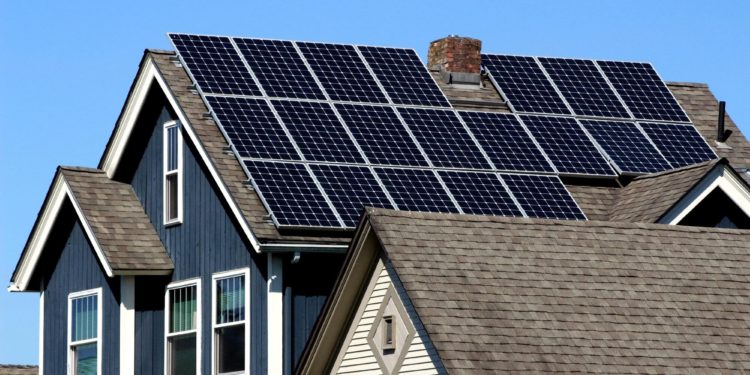The UK’s commitment to achieving net zero emissions by 2050 is one of the most ambitious environmental goals in the world. But while government frameworks and corporate pledges make headlines, the real momentum lies in scalable, on-the-ground actions — like installing solar panels.
Solar energy is more than just a buzzword. It’s one of the few renewable technologies that households and businesses can deploy themselves to make a measurable impact on carbon reduction. Whether it’s a homeowner looking to cut emissions or a business rethinking its energy strategy, solar panels are playing a central role in the net zero journey.
Why Solar Panels Are a Game-Changer
Solar panels convert sunlight into usable electricity with zero emissions at the point of use. This alone makes them one of the cleanest and most effective technologies in the renewable energy mix.
Key benefits include:
- On-site renewable generation: Reduces dependence on fossil-fuel-based grid electricity
- Energy efficiency gains: Encourages better energy usage habits
- Supports decentralised energy models: Vital for a sustainable grid future
- Long operational life: Delivers carbon savings over decades
By generating clean power during daylight hours, solar panels reduce the need for grid electricity, which still relies on gas and other polluting sources. This daily offset contributes directly to emission reductions.
Commercial Solar: Scaling Up the Impact
While residential systems help at the household level, commercial solar installations offer an even more significant opportunity. Warehouses, schools, retail centres, and office buildings often have large roof spaces and high daytime energy usage — an ideal match for solar panel systems.
Benefits of commercial solar include:
- Greater scale = greater impact: Larger arrays mean more energy produced and more emissions offset
- Improved energy security: Businesses gain more control over their energy supply
- Sustainability credentials: Meeting ESG goals becomes more tangible and data-driven
- Energy export potential: Excess generation can be fed back into the grid under the Smart Export Guarantee (SEG)
As more UK businesses seek to align with environmental targets, investing in solar makes sense not just for the environment but also for long-term operational resilience.
The Role of Professional Solar Panel Installers
Proper installation is critical to ensuring the efficiency, safety, and longevity of any solar panel system. Trained solar panel installers understand how to:
- Assess site viability and orientation
- Design systems that maximise yield
- Ensure compliance with all relevant UK regulations and safety standards
- Optimise connections for grid export where applicable
Accredited installers also provide important documentation and guidance to help property owners access schemes like the SEG. Their role is often underestimated, but in the broader net zero context, they are enablers of climate action on the ground.
Reducing Emissions, One Rooftop at a Time
Solar adoption may seem like a small step in a global problem. But the cumulative effect is powerful. Every solar panel installed helps to decarbonise the UK grid, reduce national emissions, and create a culture of environmental responsibility.
In urban areas, solar panels contribute to smarter energy networks and reduced pressure on grid infrastructure. In rural areas, they can support community energy schemes or allow agricultural businesses to lower their carbon output.
Over time, this grassroots growth becomes a central part of the national net zero pathway.
Beyond Carbon: Other Environmental Gains
While emissions reduction is the core focus, solar panels also deliver additional environmental advantages:
- Reduced air pollution: Unlike combustion-based energy sources, solar panels emit no NOx or SOx gases
- Water conservation: Solar systems require far less water than nuclear or coal power plants
- Land preservation: Rooftop systems make use of existing structures without impacting natural habitats
These indirect benefits further reinforce the environmental value of widespread solar adoption.
Challenges and Misconceptions
Despite their benefits, solar panels still face barriers. Common misconceptions include:
- “It’s only effective in sunny countries.” In fact, modern panels are efficient even under cloudy UK skies.
- “Solar power can’t meet all energy needs.” While true, it significantly reduces demand on the grid.
- “Installation is too disruptive.” With experienced installers, the process is typically smooth and minimally invasive.
Educating the public and business owners on these points is essential for continued adoption.
A Critical Piece of the Net Zero Puzzle
No single technology will get the UK to net zero. It requires a combination of electrification, energy efficiency, carbon capture, and behavioural change. But among these solutions, solar panels stand out for being practical, accessible, and proven.
For businesses, commercial solar panels offer a way to turn sustainability from a pledge into practice. For homes, solar panels are a visible commitment to a cleaner future. And for the UK as a whole, they are an essential part of the clean energy transition.










































































